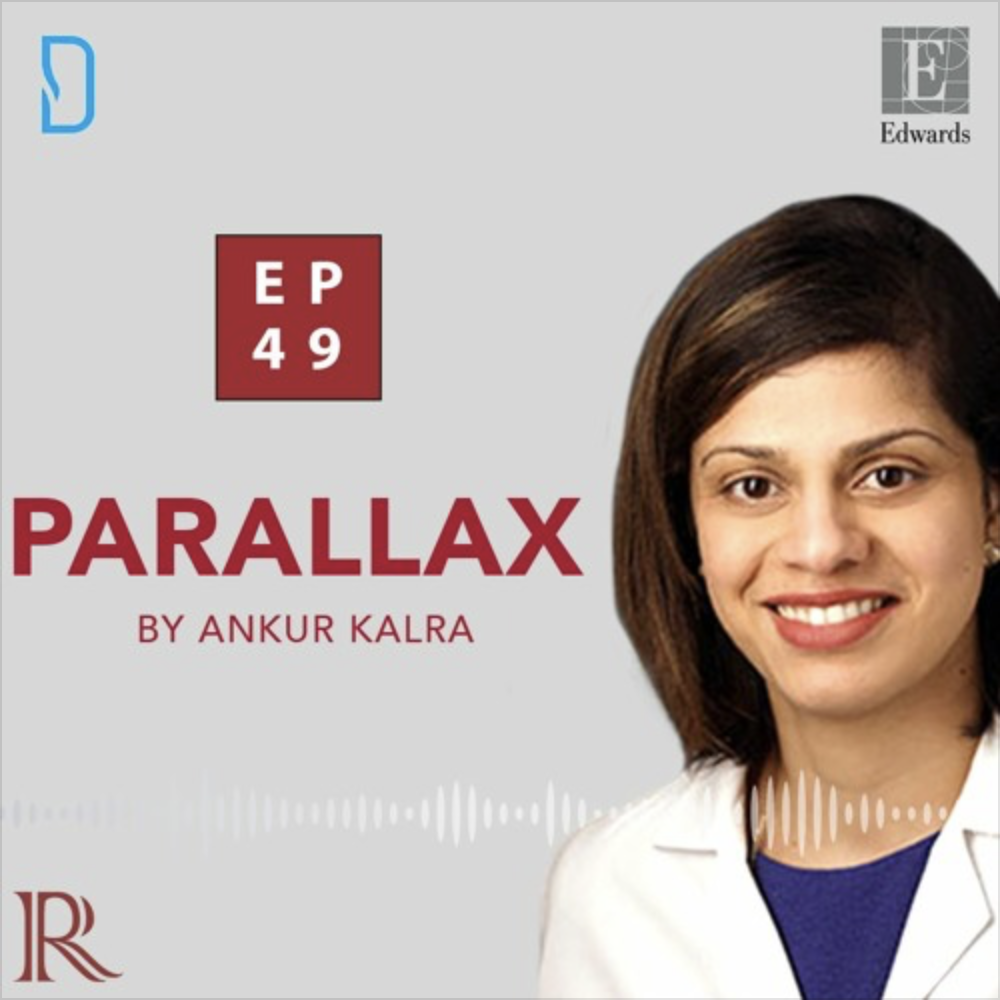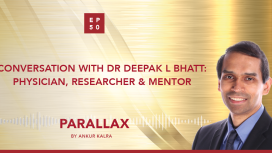
The American College of Cardiology surveyed cardiologists across the globe to have a more detailed understanding on the impact of hostility, discrimination, and harassment in the workplace. Of almost 6000 cardiologists who took part in the survey 44% reported hostile work environment.
Dr Ankur Kalra’s guest this week is Dr Garima Sharma, Director of CardioObstetrics and Assistant Professor of Medicine at the Johns Hopkins University as well as an investigator of the “Global Prevalence and Impact of Hostility, Discrimination, and Harassment in the Cardiology Workplace”.
According to Dr Sharma, the culture of a place is defined by what is tolerated. In this introspective and solution-seeking interview Garima explains how can microaggressions be identified and how does institutional culture normalise hostility by numbing the victims and making allowances for the perpetrators. In light of the data, they talk about the burden on early career cardiologists, and examine the role of institutions, senior faculty, and bystanders. Garima summarises the potential solutions and calls for making cardiology a viable option for all.
What is Dr Sharma’s take-home message from the ACC survey on hostile work environment? What could be the root causes of hostile behaviour? What are some of the solutions for work equity?
Questions and comments can be sent to “podcast@radcliffe-group.com” and may be answered by Ankur in the next episode. Guest @GarimaVSharmaMD, hosted by @AnkurKalraMD. Produced by @RadcliffeCARDIO.

Brought to you by Edwards: www.edwardstavr.com

In the 50th episode of Parallax, Dr. Ankur Kalra’s guest is Dr. Deepak L. Bhatt leading physician, researcher, lecturer, and educator who has authored or co-authored over 1650 publications and was recipient of the ACC’s Distinguished Mentor Award in 2018 and AHA’s Distinguished Scientist Award in 2019.




What is the Global Cardiology University project? How does Dr Anavekar encourage trainees to re-examine their role in patient care? What is his advice to our listeners?

As Dr Kalra asks Dr Rao about the ways in which early career faculty members can get involved with the organization at a state level. Dr Rao shares his insider tips and highlights key events where individuals can further their participation.
How can you get involved with your local ACC chapter? How can you improve your leadership skills? What is Dr Rao’s advice for our listeners?

He explains how the complexity of nutrition and the compounds generated by the gut microbiome can impact our health. We learn more about three compounds produced by our gut microbiome that have a strong connection with heart disease.
Through this conversation, Dr Vuyisich invites us to reframe our approach to nutrition and prevention as a question of food education and data-driven science.





